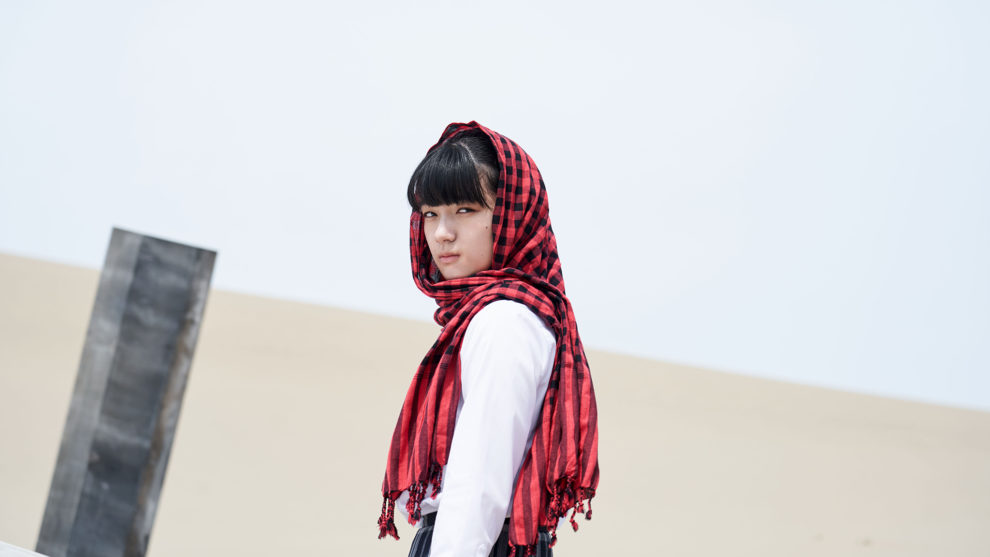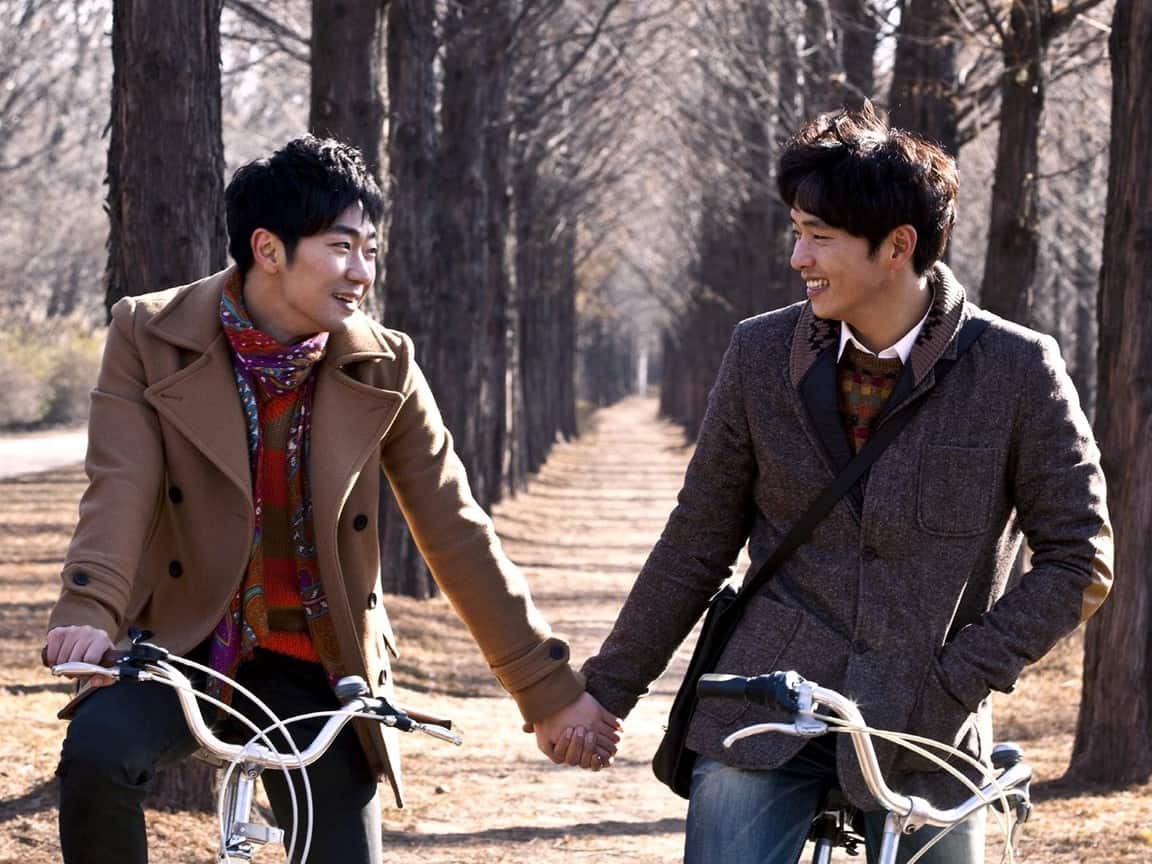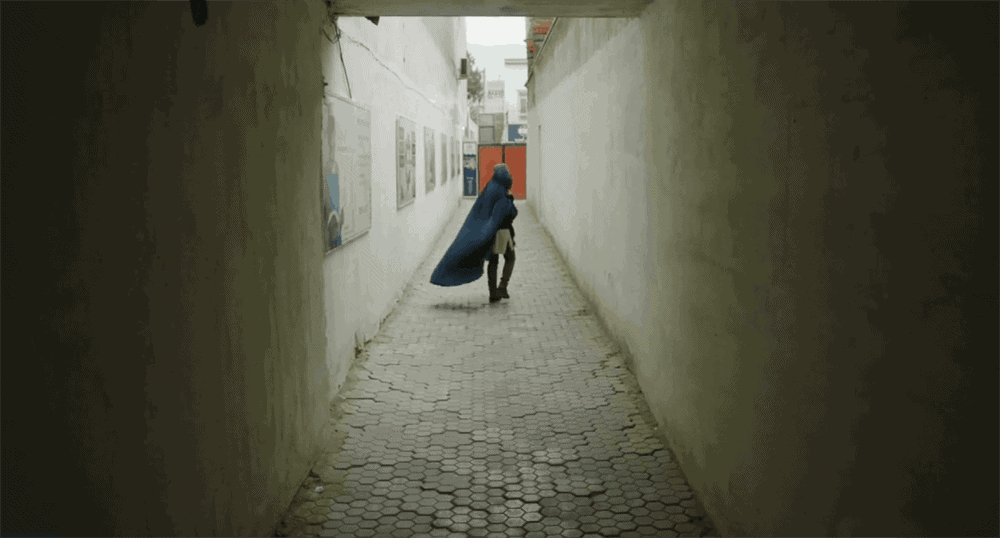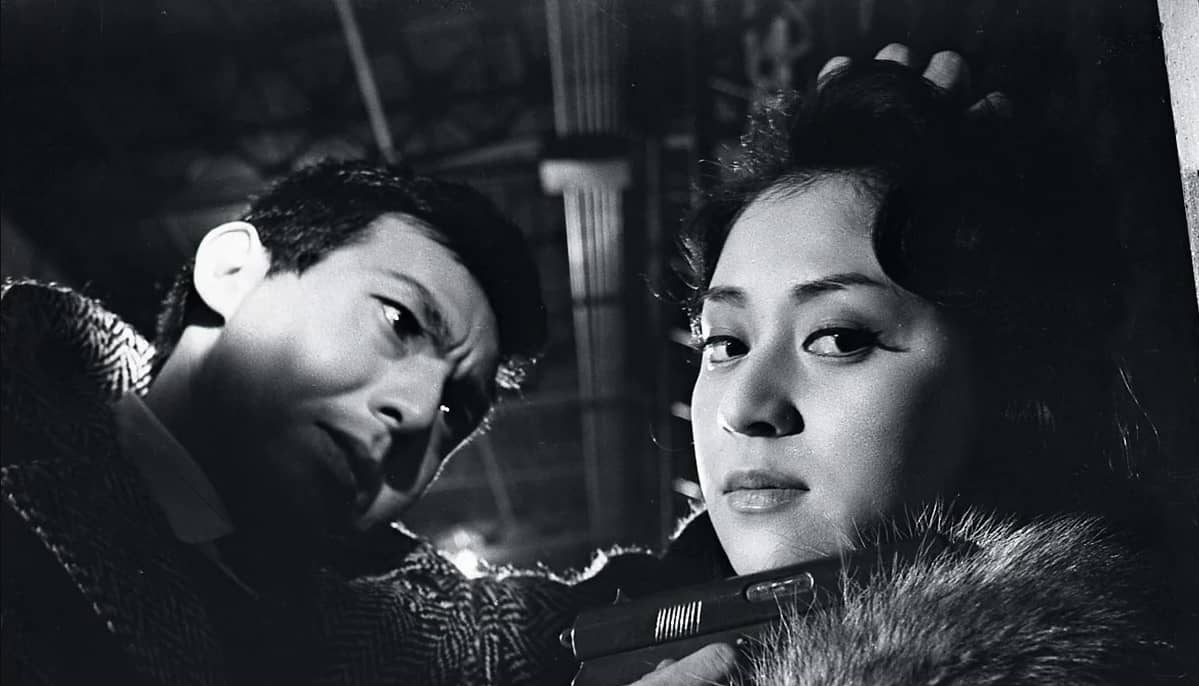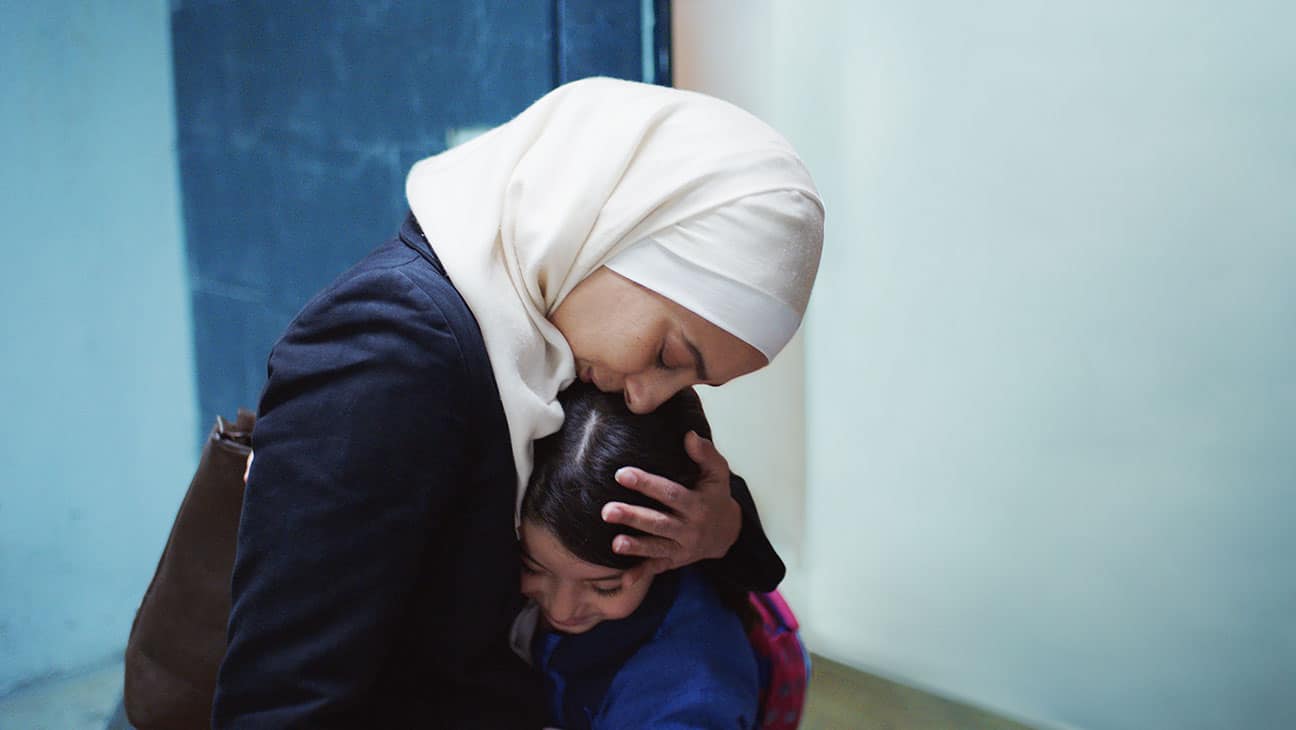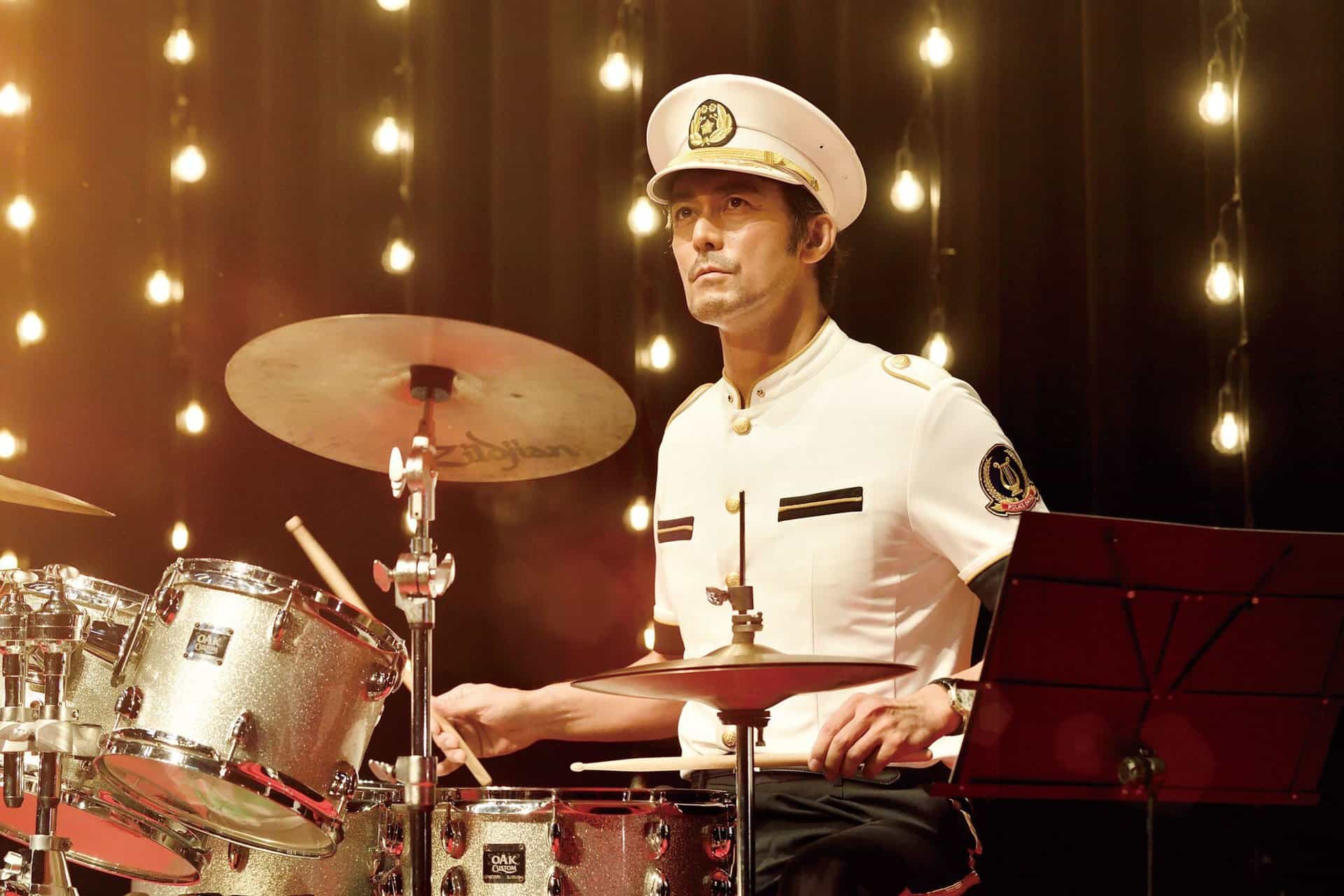There will be a slight confusion about the film's title unless you are fluent in Japanese, especially after being introduced to Yamasaki's two main protagonists who do not carry the same portion of the narrative. One of them, Chang-su (Kang Yoon-soo) is a former Olympic jockey for the South Korea national team who quit his dream of a professional athlete career after his father's bankruptcy. What brought him to Maniwa of all places is a question, but it is there he'd settled down with his Japanese partner (Misa Wada) and her daughter Uzuki. It is also where he works in a local quarry. Chang-su is an immigrant worker without proper payment or medical insurance, and when things are just about to change for the better, an accident provoked by someone's neglect will reset his life back to beginner's agony. There is also the titular Yamabuki (Kilala Inori), a teeny with strong interest in world justice. She happens to be the only child of the widower cop Hayakawa (Yohta Kawase), a man with no proper idea about his daughter's needs or interests, and also not very much sticking to the law himself. His crime will stay undiscovered as no one will investigate the cause of a road accident, and he also won't lose a word about his involvement in it.

Inori's presence on the screen is hypnotic, and she adds that something to the film whose storyline is torn between too many intentions. Yamabuki's connection to the movie's title could be considered strange if it weren't more to her name. In our interview during the festival, Yamasaki was very specific about it – ‘Yamabuki' means both ‘yellow rose' (a plant that will steer a lot of trouble in the story) and ‘gold coin' which was used in ancient Japan. Both of those interpretations can be connected to the film, metaphorically or literally. Yellow rose will make the destinies of two families intertwine in not such a pleasant manner, representing itself (as a rare flower that grows in secluded places) and as that something that prefers shadow over sunshine, staying hidden and rarely discovered. It will also bring that other meaning to the table when a bag full of stolen money suddenly falls in front of Chang-su's excavator, post-accident. That bag doesn't only bring confusion into the story in which we get a glimpse at a gang of criminals who are discussing 1) some roberry and 2) someone's disappearance, it also won't bring anything good to the already enough tormented Chang-su. Many why's are attached to that side plot which could have changed one man's life for the better, but at the end didn't do anything than prolonging the runtime for 15 minutes.
Much better written are the parts of the story concentrating on father-daughter relationship(s) and the coming-of-age scenes, and in the exchange between Yamabuki and her college colleague played by Hisao Kurozumi. Both interested in things regarded as uncool among their peers, they discuss world politics and army as they develop some awkward relationship of unbalanced emotions. There is a sensibility achieved on a much deeper level when we get to know what is really going on inside of Yamabuki, as we plunge into her thoughts and even experience ‘the conversation' between her and her late mother.
Much of the film's imprefections can be forgotten due to the filigree beauty of the 16mm and Kilala's performance. The dreamlike setting will also occasionally steal the show, and it is easy to understand why Yamasaki swapped his city life for farming in Maniwa. The film had its world premiere in Rotterdam where it screened in the Tiger Competition.


